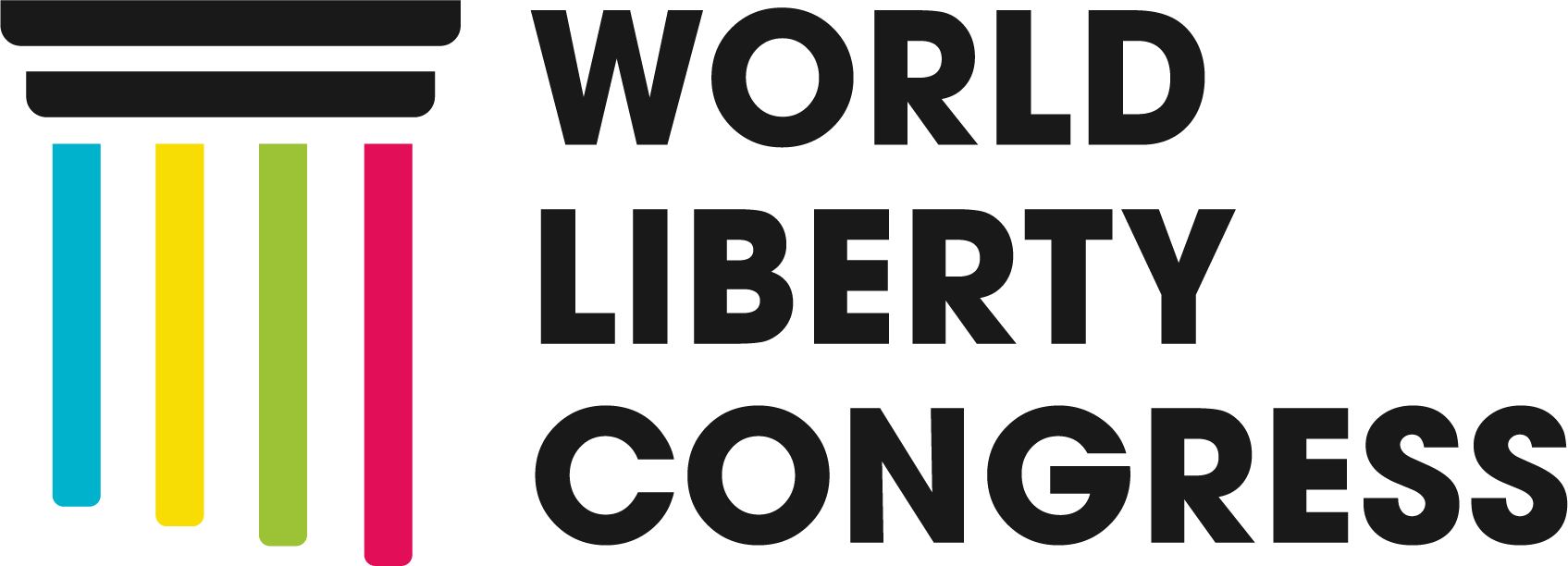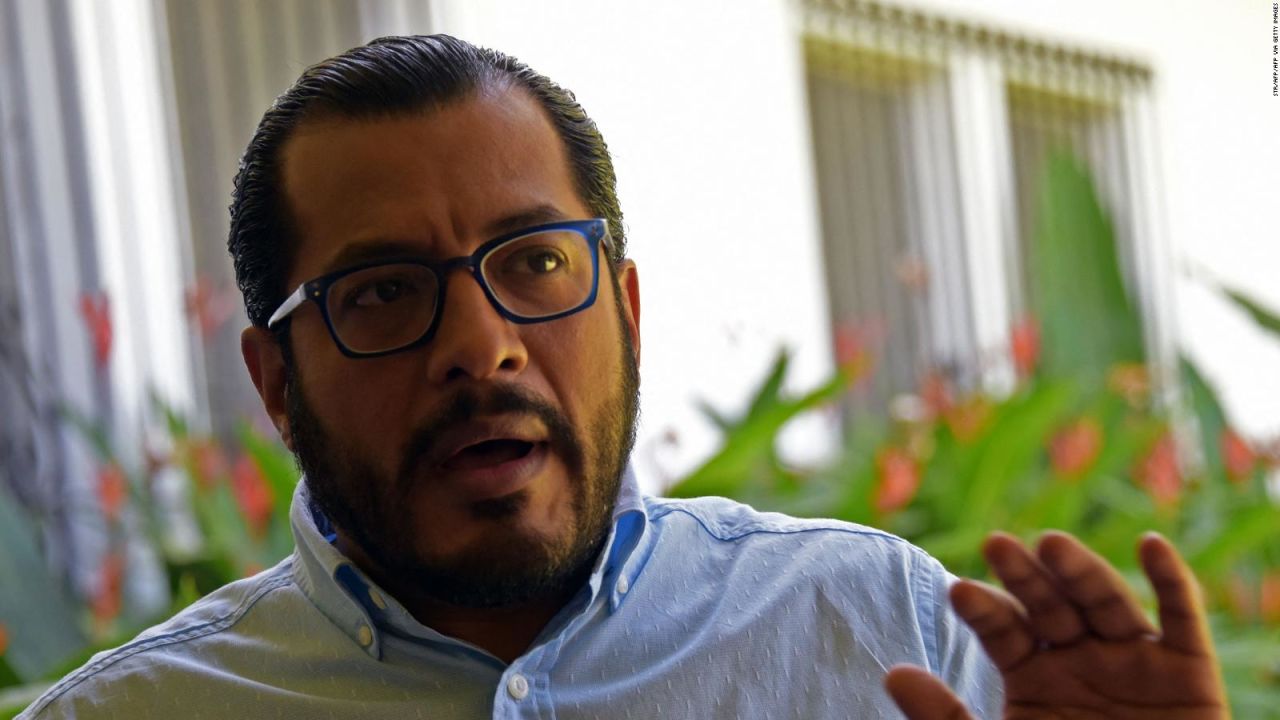By Félix Maradiaga, WLC Leadership Council and Director of the WLC Academy
A global benchmark for institutional strength
The recently released 2025 Institutional Quality Index (ICI) offers yet another reminder of the central role that institutions play in sustaining liberty and prosperity. The Index is owned and published by the Red Liberal de América Latina (RELIAL), which I have the honor of presiding, and is produced under the direction of Argentine economist Martín Krause.
First launched in 2007, the ICI now encompasses 18 consecutive years of data covering more than 190 countries. It evaluates two key dimensions: political institutions—rule of law, civil liberties, electoral integrity—and market institutions—property rights, freedom to contract, open trade, and monetary stability.
Key findings from the 2025 edition
At the top of the ranking we find familiar names: Denmark, Finland, Switzerland, Sweden, and Norway, joined by New Zealand, Ireland, and Canada. These countries confirm a basic truth: where institutions are free, inclusive, transparent, and resilient, societies thrive.
At the bottom are Venezuela, Cuba, Haiti, and Nicaragua—tragic examples of how quickly freedoms can be dismantled when authoritarian regimes capture and hollow out institutional frameworks. Nicaragua, for example, has fallen from 95th place in 2007 to 160th in 2025, illustrating how fragile gains can vanish under concentrated power.
Latin America as a region averages below 0.43 on the ICI scale (where 1 represents the highest institutional quality). Only Uruguay, Chile, and Costa Rica consistently perform in the higher tiers, and even they now show vulnerabilities, particularly in economic freedoms.
The global picture: erosion and resilience
The ICI highlights not only regional patterns but global ones. The United States, long considered a bastion of liberal democracy, remains in the top 20 but has declined in relative terms, reflecting rising polarization, attacks on judicial independence, and declining trust in institutions.
Russia and China, meanwhile, demonstrate how institutional capture can coexist with geopolitical assertiveness. Russia ranks near the bottom, its authoritarian consolidation accompanied by widespread corruption, electoral manipulation, and an economy increasingly dependent on state patronage. China fares better in market institutions, largely due to its partial liberalization since the 1980s, but continues to suppress political freedoms. The result is a hybrid model: economic dynamism constrained by tight political control, a reminder that prosperity without liberty can be brittle and vulnerable to crisis.
In Africa, results are mixed. Countries like Botswana, Mauritius, and Ghana perform relatively well, showing that institutional resilience is possible in contexts often marked by instability. By contrast, states such as Sudan, the Central African Republic, and South Sudan remain among the world’s weakest, with fragile rule of law, endemic corruption, and violent conflict undermining institutional quality.
In Asia, Cambodia continues to represent a cautionary tale. Once seen as a potential reformer, its slide into entrenched authoritarianism has led to the closure of independent media, suppression of opposition parties, and economic policies designed to benefit elite networks. Belarus in Eastern Europe follows a similar path: decades of institutional hollowing under authoritarian leadership have left it a de facto vassal state to Moscow, lacking both democratic accountability and independent markets.
Why these findings matter for democracy movements
For pro-democracy movements around the world, the ICI is more than a dataset. It provides empirical evidence of what activists often experience viscerally: that weak institutions open the door to abuse, while strong ones provide a buffer against autocracy.
This is particularly relevant for the World Liberty Congress (WLC). In November 2025, the WLC will hold its General Assembly in Berlin (November 8–9, 2025). As part of the Assembly, the WLC Academy will unveil a Strategic Framework to Counter Authoritarianism—a roadmap designed to strengthen democratic resilience, equip activists with tools to challenge repression, and coordinate global responses to transnational authoritarian networks.
Indices like the ICI are critical inputs into this work. They allow us to identify not only where authoritarianism has taken root, but also where resilience exists and can be bolstered. They help activists frame their struggles not as isolated battles, but as part of a global contest over the rules of the game.
Lessons for the struggle ahead
Several lessons emerge from the ICI 2025:
1. Institutions are slow to build, but quick to collapse. The sharp decline of Nicaragua illustrates how fragile democratic gains can be when institutions are neglected or deliberately dismantled.
2. Economic freedom reinforces political freedom. Countries that score highly on both dimensions—political and market institutions—consistently show higher levels of prosperity and stability.
3. Geopolitics cannot substitute for governance. Russia’s and China’s global influence cannot mask their institutional weaknesses. Without accountability, property rights, or open civic space, their power rests on coercion, not legitimacy.
4. Global South variation matters. Africa and Asia demonstrate that institutional quality is not predetermined by geography. Botswana, Mauritius, and Ghana are proof that democratic institutions can flourish even in challenging contexts.
5. Indices empower activists. For democracy advocates, data is power. By benchmarking progress and decline, the ICI and its counterparts (Freedom House, Atlantic Council, HRF) provide both a warning system and a tool for mobilization.
From measurement to action
As President of RELIAL and Director of the World Liberty Congress Academy, I see the ICI as more than a scholarly contribution. It is part of a broader ecosystem of knowledge that fuels resistance to authoritarianism and builds democratic alternatives.
When we gather in Berlin this November, our discussions will not be abstract. They will be grounded in data like that of the ICI, which demonstrates—clearly and without euphemism—that authoritarian regimes erode human dignity, stifle innovation, and condemn nations to cycles of poverty and repression. Conversely, strong institutions—rooted in the rule of law, free markets, and accountable governance—unlock human potential and secure liberty.
The 2025 Institutional Quality Index is a call to action. It reminds us that freedom requires vigilant protection, that institutions are the scaffolding of liberty, and that the struggle against authoritarianism is both urgent and global.




